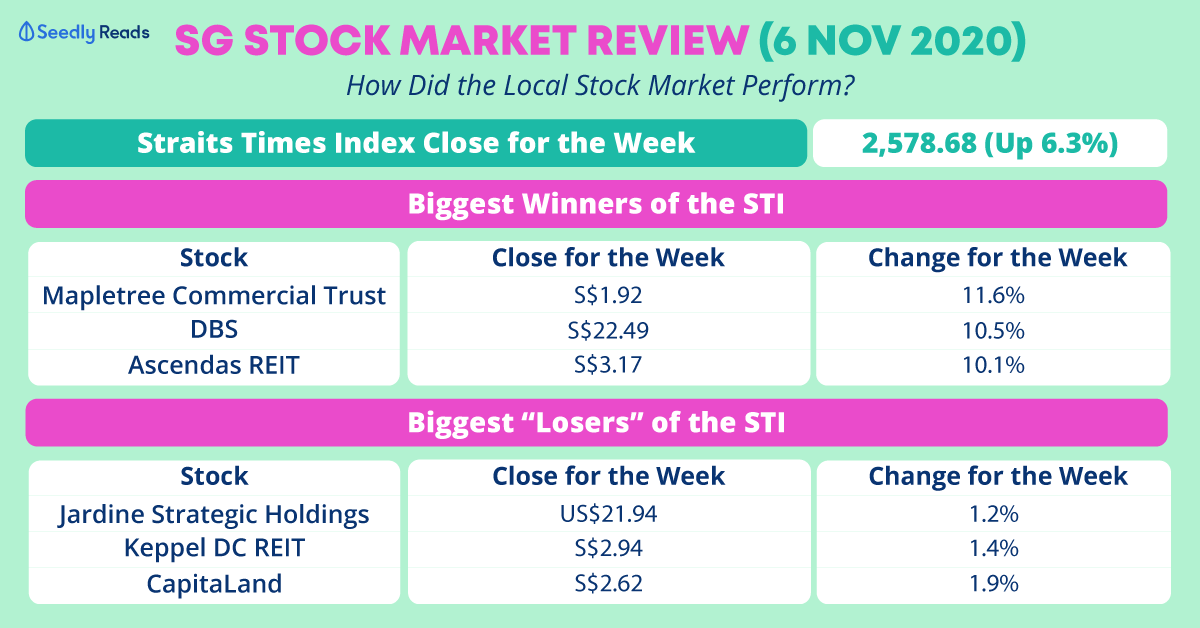Advertisement
Anonymous
I'm interested in becoming a real financial advisor, (not just an insurance agent/unit trust agents/funds) how do I get started?
How and where can I get started in Singapore? I have recently moved back to Sg and have work experiences in Big 4 and shipping industry, with a masters degree in finance/account.
6
Discussion (6)
Learn how to style your text
Fergus Tan
25 Sep 2019
Senior Partner at Vision Advisory Management
Reply
Save
Cedric Jamie Soh
23 Sep 2019
Director at Seniorcare.com.sg
Hi, perhaps you can provide the definition of the type of "advisor" you are looking for?
There are a few types I am aware of:
1) Tied agents. Tied agents can only sell products from one principle insurer. For example, Prudential advisors.
2) Multiproduct Financial Agents - They can sell more than one insurer, but they are not independent. They may have 1 mother insurer company that subsidies most of the fixed costs so their primary products still from 1 mother insurer. For example, Aviva Financial Advisers,
3) Independent Financial Advisers- IFA. Many agents from (2) may call themselves IFA, technically they can't, they are only FA. Real IFA have strict criteria from MAS so that they do not receive remuneration that will cause biases in their product recommendation
4) Advisers that charge per hour, and returns all commissions of all products take up, back to the client. Such consultancy agents are rare in Singapore and usually are very experienced and premium.
BTW usually 1/2/3/4 can sell a wide range of products. 2/3/4 definitely can sell unit trusts most of the time. For 1, some companies allow them if they have additional certifications and their companies do provide Unit Trust sales (NOT ILP).
I am not sure what type of financial advisors you may be seeking.
Reply
Save
Write your thoughts
Related Articles
Related Posts
Related Posts
Advertisement











The financial planning industry has matured significantly since the FAIR review in the last 5-6 years.
Basically there are 4 main areas
1) Tied Agencies.
There are like great eastern, prudential, etc. A tied agency represents a single insurer because they are an agent of the insurer. But by being an exclusive distributor, they typically receive higher compensation, as well as intangible incentives. Hence, it could be office expenses, incentive trips, etc. The biggest benefit of being in a tied agency is that the brand name is typically well known. This can be useful when you are dealing with high net worth because their concern isn't about the absolute maximum return, but sometimes it's about the peace of mind and the general experience.
2) Financial Advisory Firms
These have splintered off to many different types over the years... Initially called Independent Financial Advisors, MAS restricted the use of the word independent due to abuse. How it usually starts is that a director from a tied agency decided they wanted to own the supply chain, so they come together with other directors to set up such a firm. Usually, they can represent multiple insurers and investment platforms. In terms of compensation, there are also 3 models, namely commissioned based, fee-based, and fee only. Fee-based means they charge a fee for consultation, but they will still keep the commissioned. In this space, you would have boutique FAs, mass-market FAs (like Finexis, PIAS, financial alliance, IPP, etc), hybrid FA (like Aviva FA, Manulife FA), and what I personally term, fake FA (which is basically tied agencies who call themselves FA, but doesn't distribute other life insurer's products)
3) Investment Advisory
These are more likely to be focused on the investment aspect of things. Most of the time, these were the evolution of the stockbrokers, or unit trust providers. Not a particularly big group in Singapore. If anything, this group will look for HNW client in order for their time to be worthwhile. Venture Funds, PE funds, Family offices will also fall into this space.
4) Banks
No matter what people say, banks as a consumer financial sales business are still good money. You basically represent the bank in dealing with clients, and clients trust the bank simply for its brand name.
There's no right or wrong place to start to be honest.
Tied agencies are most likely to have the most structured training that can give you a good commissioned income.
FA is most likely to force you to learn the fastest. They are also less homogenous, so the culture of the branch/organisation you join is more likely to be the reason. If your director likes to do digital media, then more likely than not, that's the route you will go. If the director does client seminars, then that's what you follow.
Investment advisory might be a space you can go into given your masters in finance and accounting. It's a tough space to break into, and you most likely have to start as an analyst to crunch numbers or take a night desk.
For the banks, you have to take the risk that you start near the bottom. In personal banking, or wealth banking. If you are lucky, you meet good clients, get assigned to good branches, and you promote fast. If you are not, then you'll leave soon anyway. Banks generally have good training, but they are not as sales-oriented as a tied agency. More likely than not, it is to train you to follow a certain mould.
My suggestion, meet up with different directors. You will get a lot of stories and you can see their style. There's no 1 right way to success. So you have to see which one fits you the best.
Good luck!